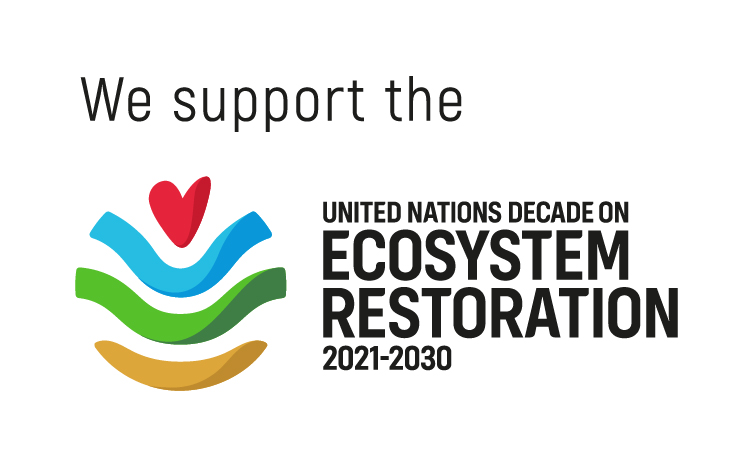Trees for Ganga™
Bhagalpur, Bihar, India
Project Purpose
Trees for Water®Location

The plantation project is implemented near the banks of The Ganga river area, Bhagalpur district (Vikramshila University, Nagar Nigam) of Bihar, India

Disaster Mitigation

Cleaning Rivers
by Improving Flow

Generation of
Rural Employment

Control Soil Erosion

Conservation of
Water Table
Why Trees?
River Ganga is undergoing a drastic change. Our perennial rivers are becoming seasonal as a result of population and development demands. Many of the smaller rivers have gone completely. As rivers become boisterous during the monsoon and then disappear after the rainy season is through, floods and droughts are becoming more common.
Water depletion in the Gangetic region has been estimated to be 44% and the total forest cover loss is 78%
Forests have a unique ability to aid water retention. As a result, subterranean reserves supplied by trees provide the majority of the available freshwater. This is one of the stages in the water cycle. The soil is less well-protected without trees. It isn't kept in place or aerated as tree roots would. It becomes more compact as a result of its inability to absorb water, causing erosion and depletion of the water table. Humans have disrupted the water cycle via deforestation and urbanization, and the effects are already visible in the form of droughts, erosion, silting, desertification, etc.
Rainwater must not linger on the surface, but must instead be absorbed by the soil in order to preserve the water cycle's balance: this is how it reaches the water table and our freshwater reserves. The soil must also be permeable in order for the water table to be replenished. Otherwise, the water will disappear, producing surface streams and dripping away.
This is the critical role that trees play in the water cycle: their roots hold the soil together while allowing it to breathe. As a result, the water can flow into underground reserves. Forests are also thought to increase rainfall and reduce the need to draw from reserves. They also purify water via natural means.
The State Government of Victoria emphasizes the importance of trees in improving groundwater recharge. Soil erosion has long-term consequences since it results in the loss of rich topsoil and lowers the land's productive potential, posing a threat to global food security (Patil et al. 2014). According to estimates, India loses around 5334 million tonnes of soil per year owing to a variety of factors (Narayan and Babu, 1983). The Food and Agriculture Organization (FAO) also emphasizes the role of trees in the protection of soil and improving its quality, which leads to healthy crops and, ultimately, food security.
Tree Species
Neem (Azadirachta indica), Karanj (Millettia pinnata), Jamun (Syzygium cumini), Peepal (Ficus religiosa) and Kadam (Neolamarckia cadamba).
Social Impact
The plantation of local trees along the riverbanks of Ganga in Bhagalpur could be the most effective restoration project, enhancing the overall ecological health and ecosystem services of the region. The trees planted will minimize the risk of floods, provide protection for farmers' crops, help in soil conservation, and renew the water table of the river bank. By absorbing chemicals and other contaminants, trees grown for shade purify the soil and filter the water flowing through them.
As this project is located along the banks of the Ganga River, afforestation on formerly barren regions would improve the quality and quantity of groundwater. Trees will help to prevent soil erosion and re-fertilize the soil in the area. These trees will also safeguard society by reversing the effects of severe climatic conditions and natural occurrences.
In addition to this, plantations in this region will also provide employment opportunities to local communities that will be actively involved in the planting and upkeep of saplings. The local communities will also benefit from the forest produce as they can use food, fodder, fuels, and other NTFPs to earn extra income. Upon maturity, each tree can absorb approximately 20kg of CO2 per year which is considered globally as a conservative estimate for sequestration potential of trees.









